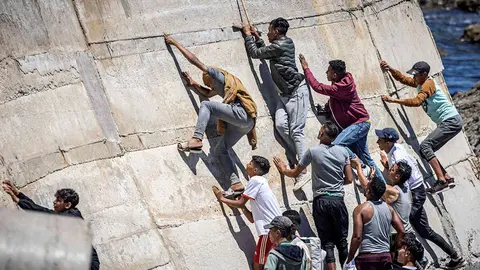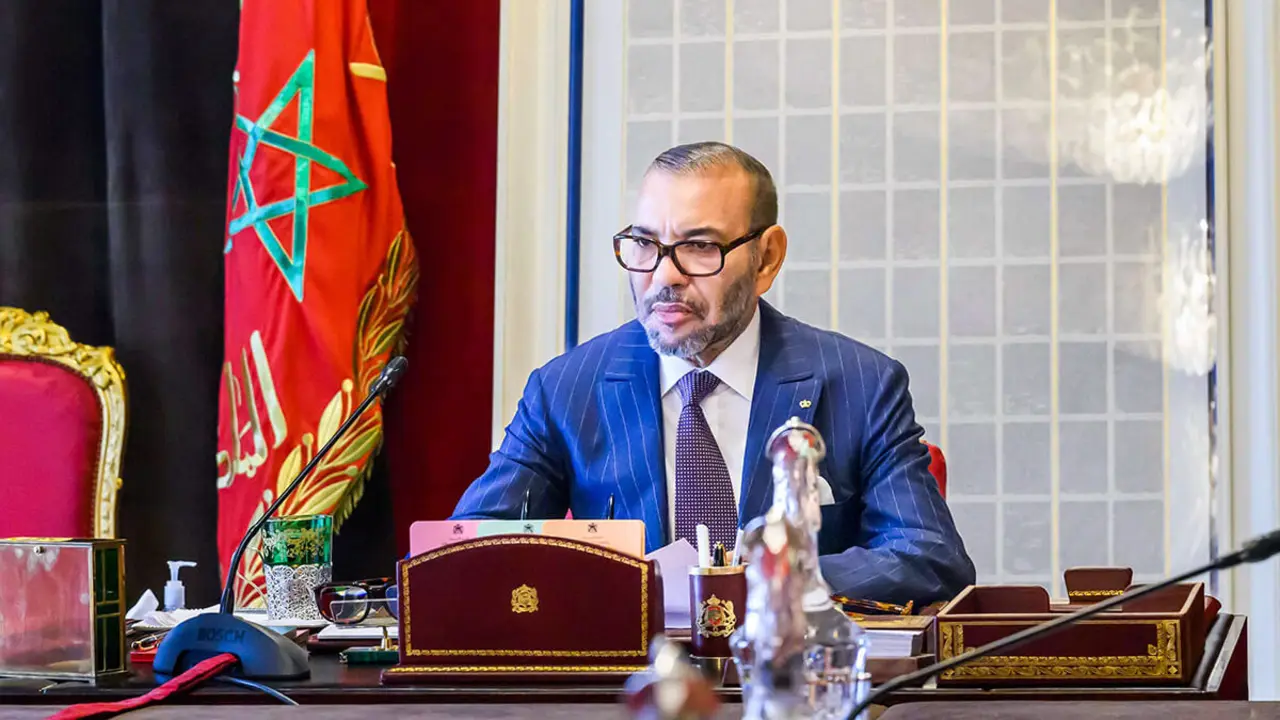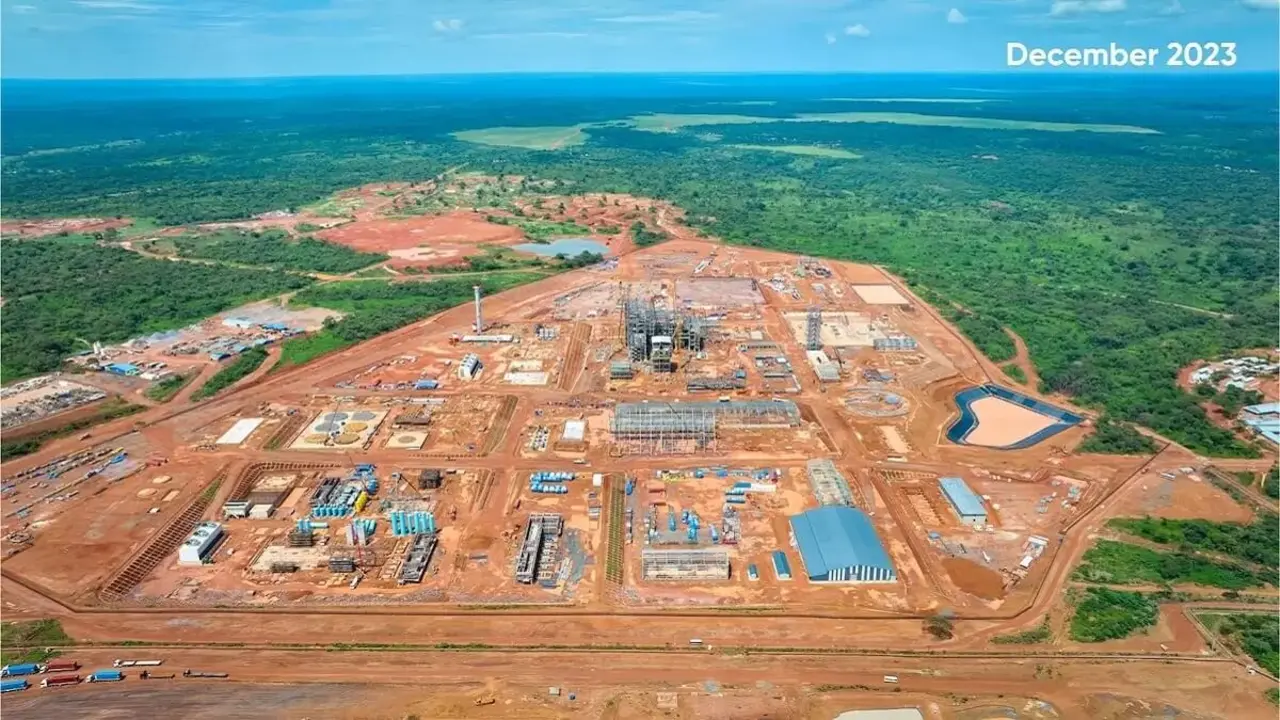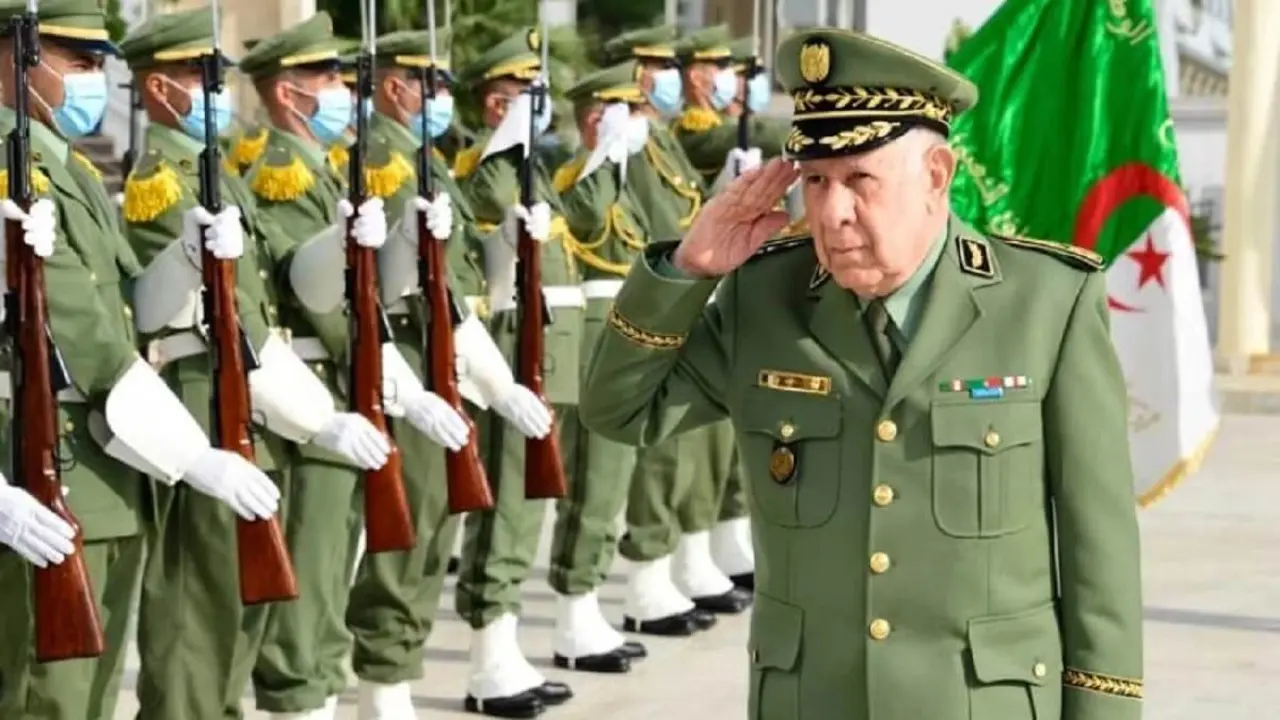Heavy deployment of Moroccan and Spanish security forces prevents massive clandestine passage of migrants
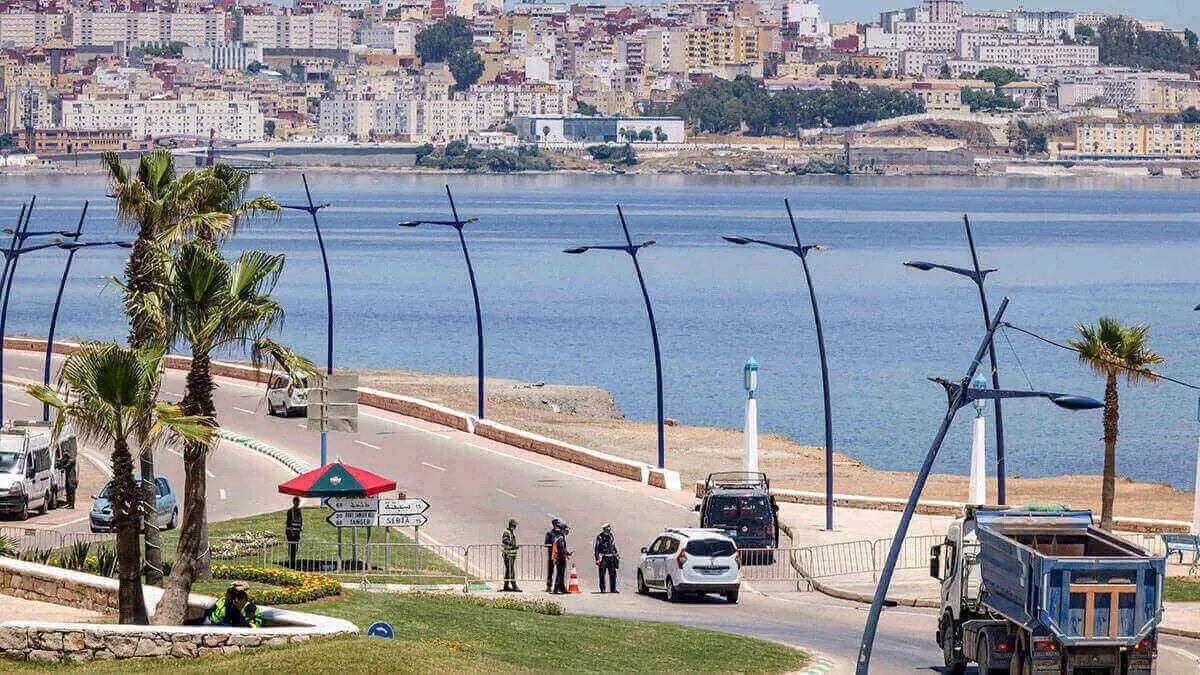
The dawn of Saturday to Sunday was the expected time for a massive clandestine entry of migrants from Morocco to Spain through the borders of Ceuta and Melilla.
Morocco and Spain arranged a wide and strong control by their security forces to prevent an illegal migratory movement, which was expected to be quite important in view of the publication on social networks of information and comments allegedly inciting to carry out this illegal passage through the borders between Nador and Melilla and between Tetouan and Castillejos (Fnideq) with Ceuta.
In the case of Ceuta, a large deployment of security personnel at the border crossing, in the presence of the regional governor, initially prevented the arrival of thousands of illegal immigrants on the day designated for this clandestine initiative.
مشاهد صادمة...لحراكة تغرر بيهم عبر مواقع التواصل الاجتماعي لهجرة جماعية كانو فالموعد ورجال الأمن يسيطرون على الوضع.
— Leɛyun 🇲🇦 ۞ (@5_ersito) September 15, 2024
لا حول ولا قوة الا بالله العلي العظيم 🤦🙏 pic.twitter.com/FAs9hsXR2z
The Ceuta border crossing saw a major security operation in the early hours of 15 September, in anticipation of any attempt at irregular migration.
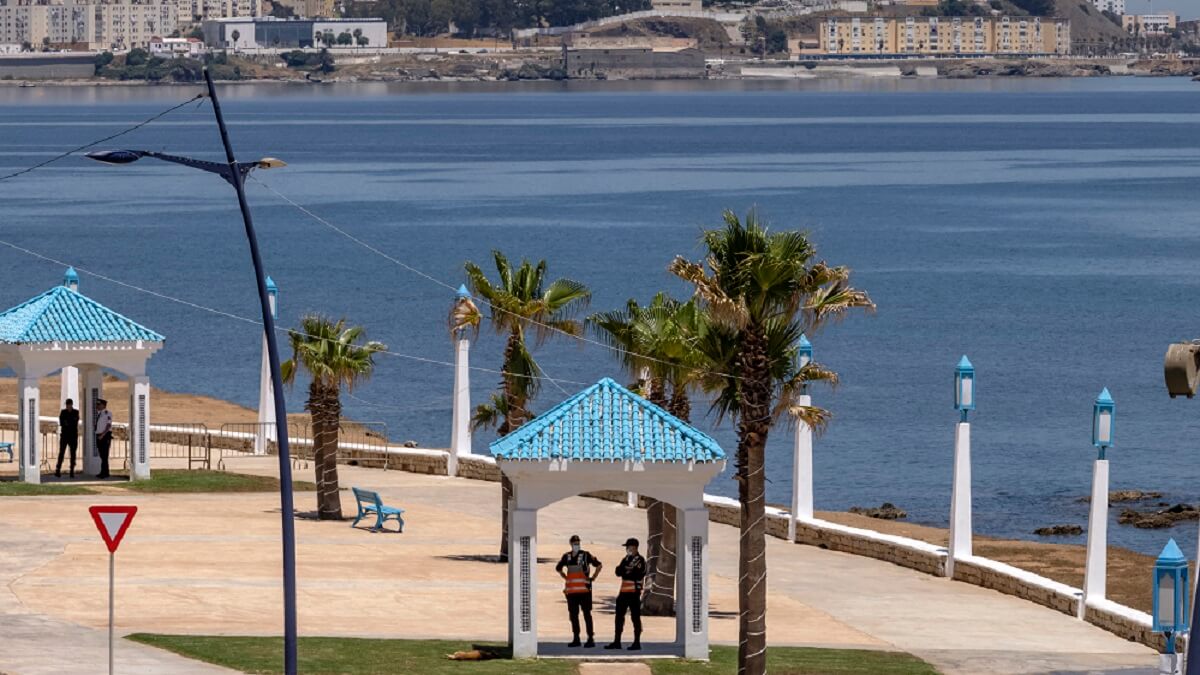
These measures came about after information was promoted through social networks about the alleged intention of a group of unidentified persons to make a mass migration attempt towards the Spanish autonomous cities of Ceuta and Melilla, using both maritime and land transits.
#الله_يسمح_لينا_من_الوالدين
— Leɛyun 🇲🇦 ۞ (@5_ersito) September 15, 2024
صور متداولة لعدد من الأمهات والآباء جاو لمدينة #الفنيدق و من مختلف المدن كيبحثو على وليداتهم وبناتهم المغرر بهم من أجل "الحريك الجماعي 15شتنبر"💔👏 pic.twitter.com/DrEOlyaMZf
In the case of Morocco, security authorities were put on high alert, deploying police, Royal Gendarmerie and auxiliary forces, as well as local leaders, to ensure control of the situation and prevent any attempt to cross the border irregularly, as reported by local media such as Rue 20.
The authorities also prepared special buses at the crossing to transport and return people who might attempt to migrate irregularly, in a measure designed to immediately address any clandestine movements.
According to various sources, hundreds of arrests were also made overnight to prevent the illegal entry of migrants across the Moroccan-Spanish border.
The various Moroccan security forces, reinforced with armoured vehicles and water trucks, have maintained their presence in the border areas with the Spanish autonomous cities of Ceuta and Melilla for the past two days, following the proliferation on social networks of these alleged calls for the organisation of mass assaults and irregular migration.
Media outlets such as Rue 20 reported on the arrest in Fnideq by the Gendarmerie and National Security of several minors who had arrived from distant cities such as Beni Mellal, Juribga, Oued Zem, Al Hoceima, Taunat, Larache and Casablanca.
On the other hand, the Spanish authorities deployed several armoured army vehicles to intervene in the event of assaults on the border.
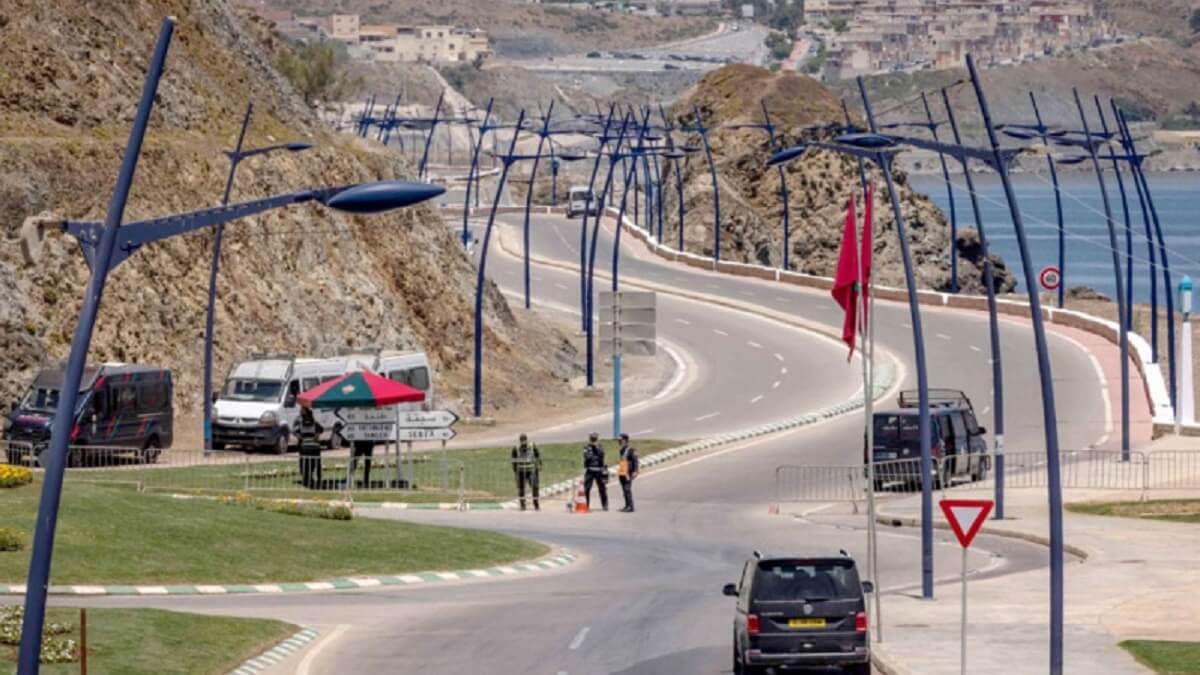
According to local sources, instructions have been given to intervene firmly against the assailants.
This alert comes after calls to allegedly organise a mass migration through border crossings were spread on social media platforms. These calls are a major challenge for the authorities, given the attempts of irregular migration in the area and the economic and social problems faced by many people who want to flee their countries, pressures that push many to seek alternative routes to reach Europe, especially through the crossing with Spain, Morocco's main neighbour and the main gateway for migrants from all walks of life to the European continent.
Security authorities continue their efforts to monitor borders and confront any attempts at irregular migration, as part of a comprehensive strategy to maintain security and stability in the region.
Efforts are also being made to dismantle networks that incite irregular migration through social media platforms to prevent such situations. In fact, Morocco has already arrested more than 60 people in recent days in the cities of Tangiers and Tetouan, in northern Morocco and close to Spanish territory, for allegedly disseminating information inciting these clandestine crossings across borders.
On the other hand, in recent days Morocco has already ordered the deportation of dozens of people, mainly Tunisians and Algerians, to their countries of origin in the face of suspicions of possible intentions to illegally cross the borders to access Spanish territory through Ceuta and Melilla. The returns were carried out through Tunisia, as diplomatic relations between the Moroccan kingdom and its Algerian neighbour have deteriorated and there is no airspace open for passage after Algeria broke off diplomatic relations with the Moroccan country, which it accused of ‘hostile acts’, also citing deep political differences, as in the case of Western Sahara.
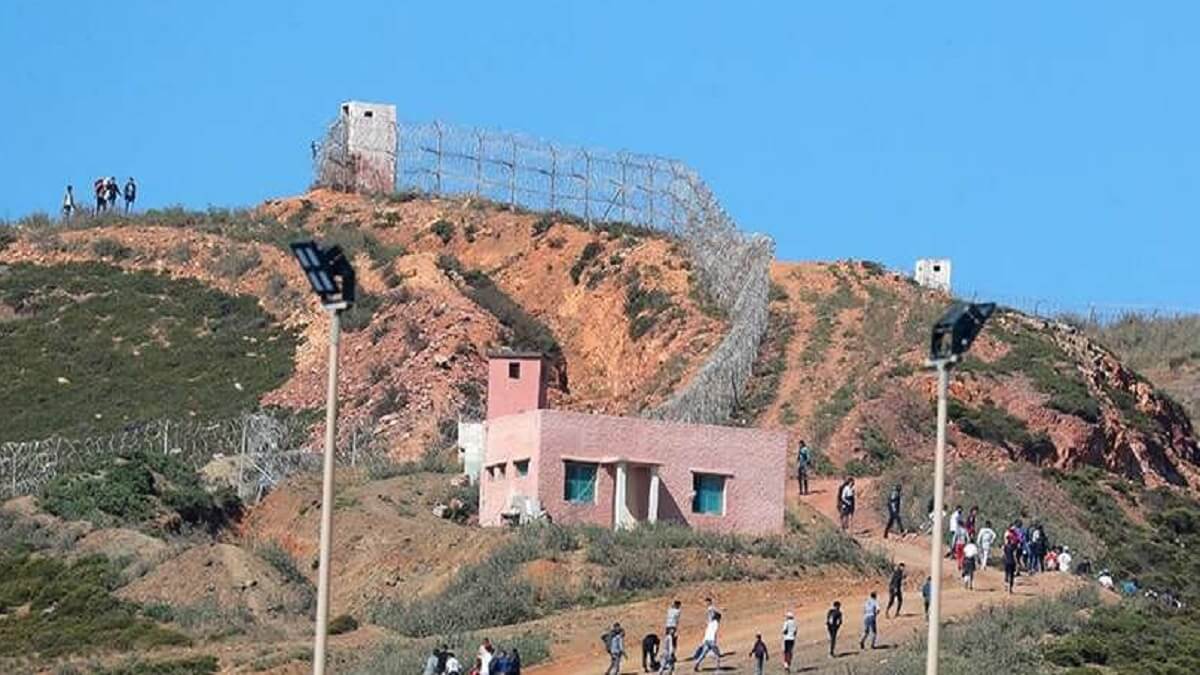
Indeed, Morocco plays an important role in controlling irregular migration by tackling criminal gangs involved in illegal human trafficking, in close collaboration with other countries, such as Spain.
The joint work between Morocco and Spain to control irregular migration has been important for many years and cooperation is very close, even more so recently given the excellent diplomatic relations between the two nations, which are considered neighbours and allies. These ties have been strengthened since the Spanish government defended the territorial integrity of the North African nation by recognising its initiative for broad autonomy for Western Sahara under Moroccan sovereignty as the ‘most serious, credible and realistic’ way of finally settling the Sahrawi dispute, which has lasted almost five decades since Spain left the territory as a colonial power.
The work of the Moroccan and Spanish security forces is relevant in the fight against this illegal migration, which serves as a business for criminal gangs engaged in clandestine human trafficking, and also in combating the activity of elements allegedly linked in one way or another to extremist terrorist groups that threaten regional and global stability.

